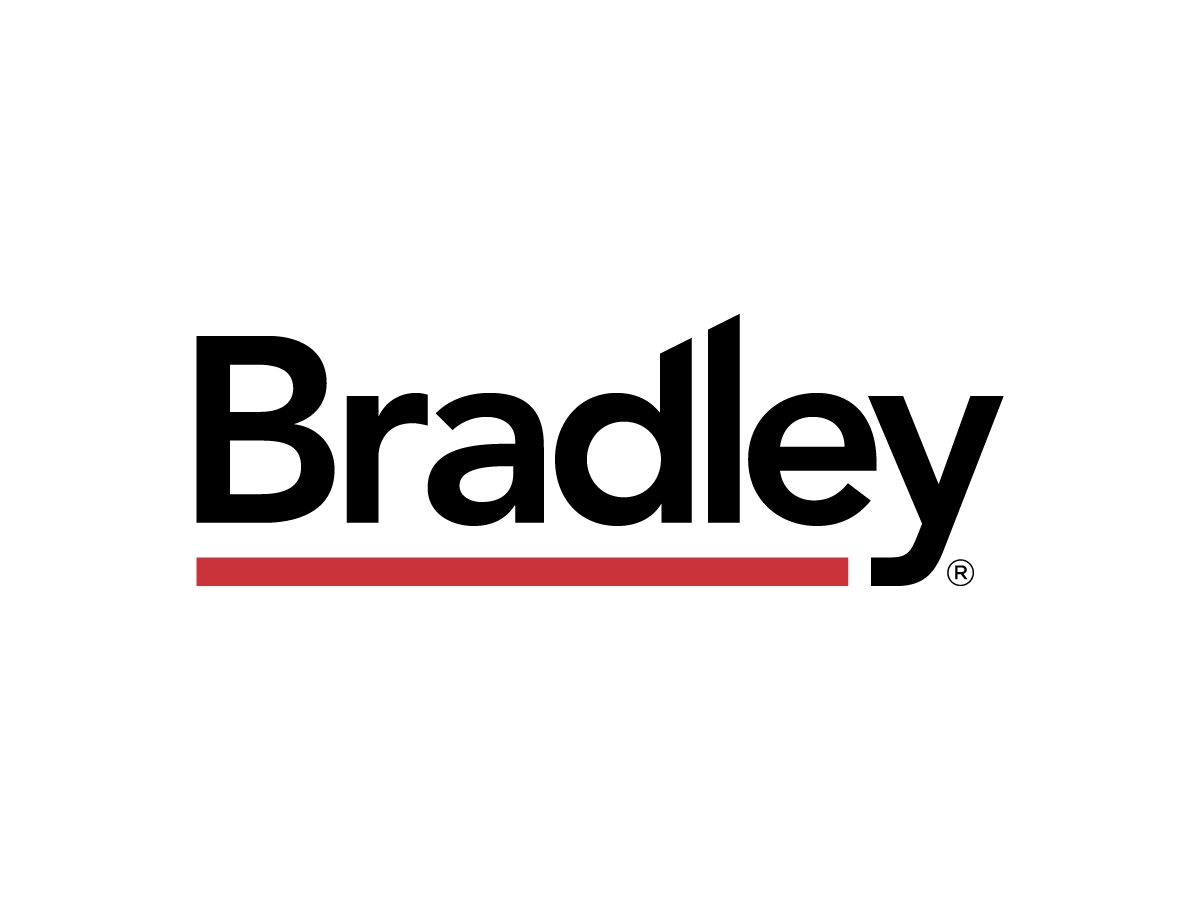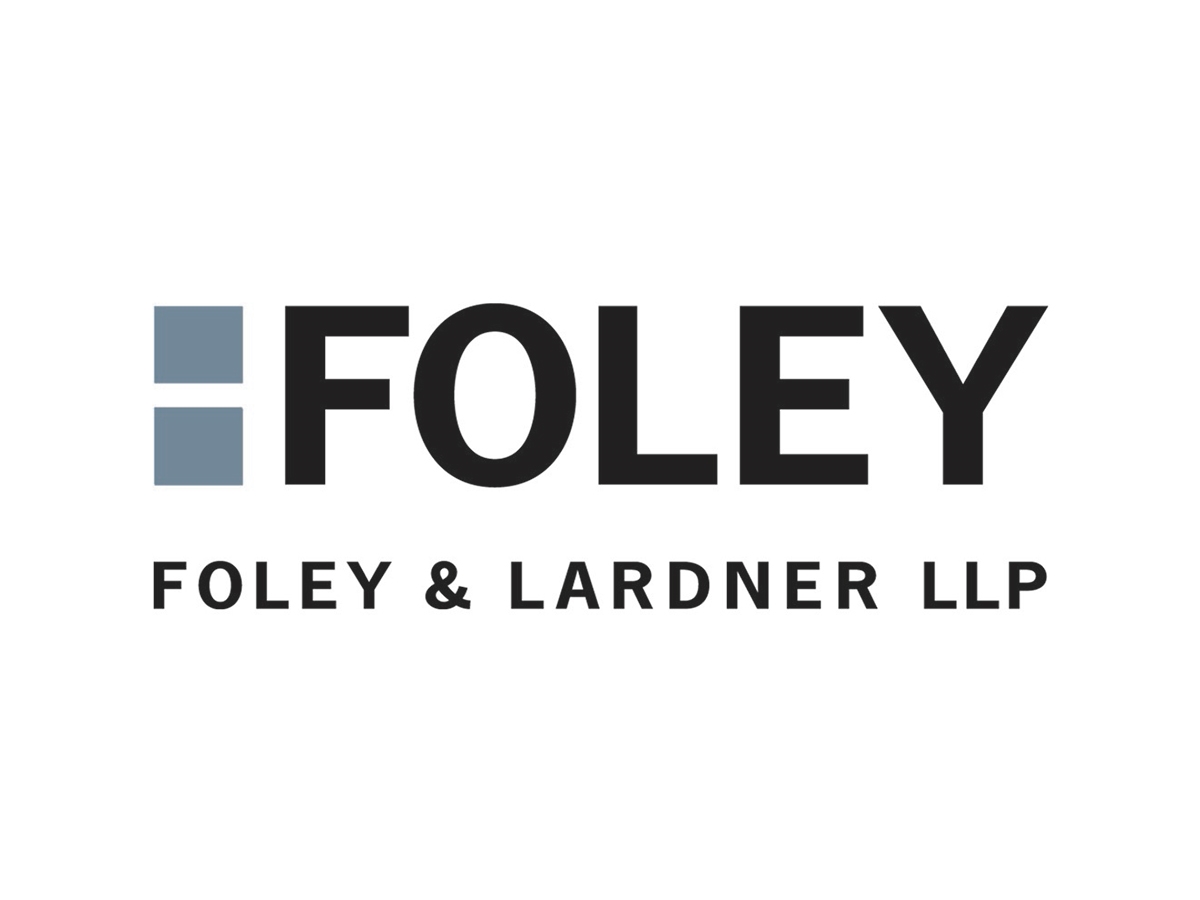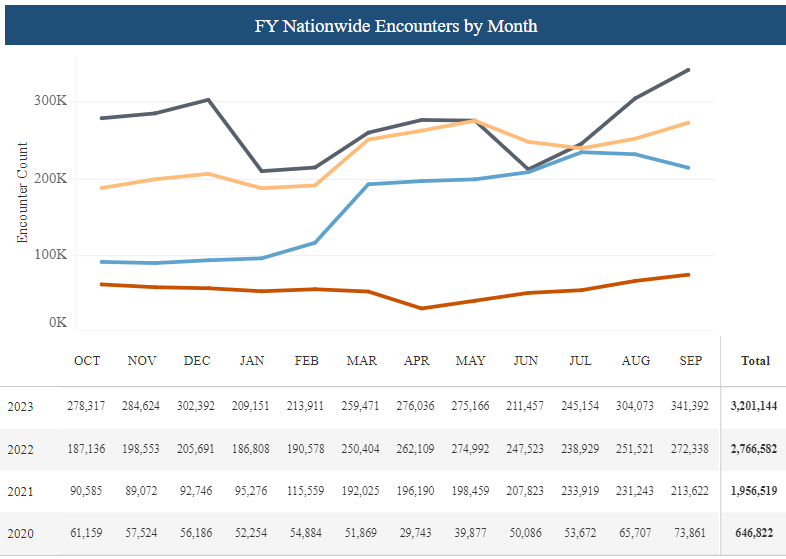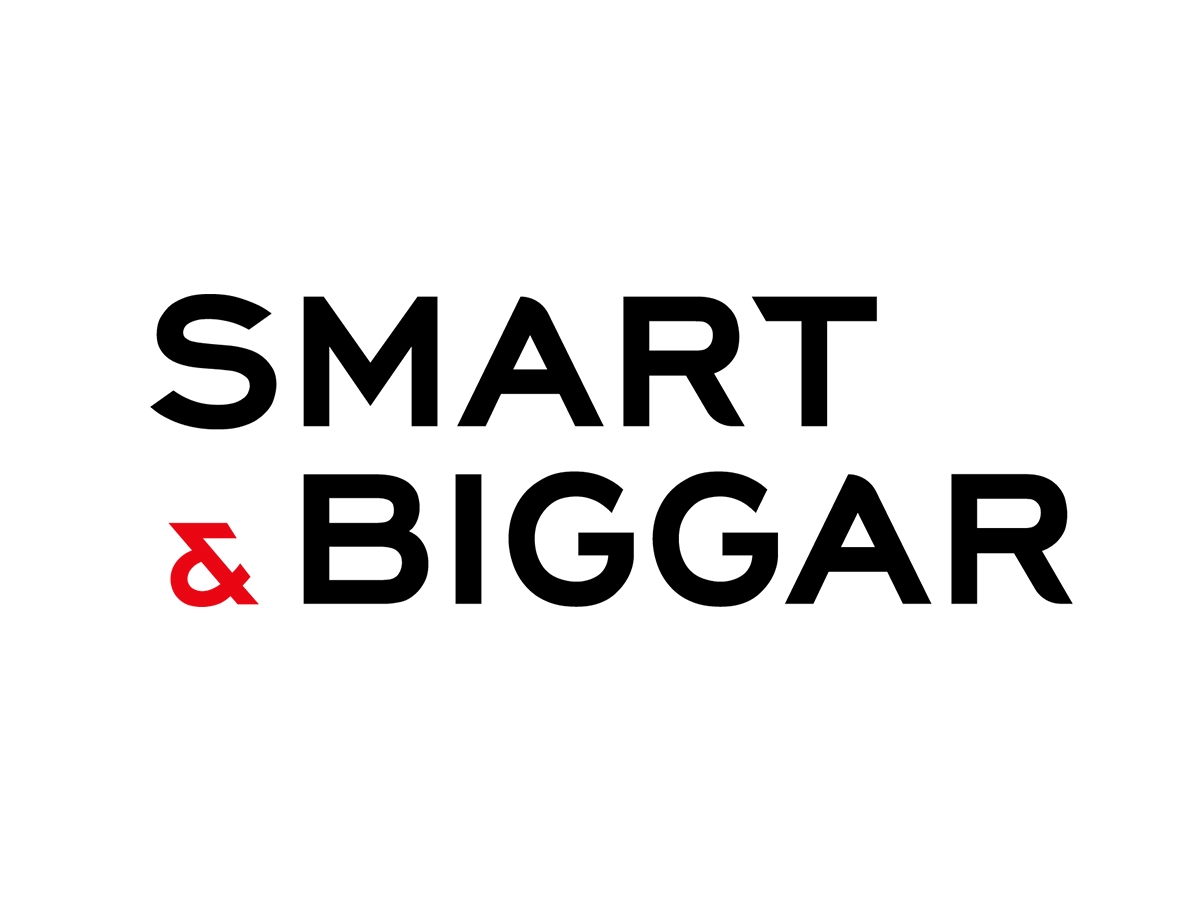The Hail Mary Hearing: A Summary of the 10th Congressional Hearing on NIL and the Winds of Change in Collegiate Sports | Bradley Arant Boult Cummings LLP
As the clock winds down in the fourth quarter, the NCAA is turning to Congress, hoping for a game-changing Hail Mary pass. On Tuesday October 17, 2023, the Senate Judiciary Committee held a hearing on collegiate name, image, and likeness (NIL), marking the 10th hearing on Capitol Hill on NIL since 2020. The Senate hearing’s witness list was a lineup of influential voices in collegiate sports, including NCAA President Charlie Baker, Notre Dame Athletic Director Jack Swarbick, Big Ten Commissioner Tony Petitti, and The Grove Collective Executive Director Walker Jones.
What will come of the hearing remains unclear. Congress has conducted nine additional hearings on NIL, but none of the federal NIL bills introduced in this session or previous ones have advanced on Capitol Hill. While there is evident interest in federal NIL legislation, Congress is also dealing with global and domestic issues that likely take precedent over college athletics. The future of federal NIL rules remain uncertain, at least for now.
Nonetheless, one thing is clear: The landscape of college athletics is changing. And it is clear from the hearing that the NCAA wants a federal NIL law that preempts state NIL laws, provides antitrust exemptions, and codifies that college athletes are not employees. During the hearing, numerous senators appeared to voice concerns akin to those the NCAA has been advocating for over the past few months. Sen. Lindsey Graham stated that “college football is in chaos.” Sen. Richard Blumenthal stated that college sports are “in need of reform. It’s in need of reform now.”
Notably, this hearing featured more substantive discussions compared to past congressional hearings. In his written testimony, NCAA President Charlie Baker expressed a desire to work with Congress and outlined the NCAA’s key priorities in seeking a federal NIL law. These priorities include:
- Enhancing student-athlete welfare by solidifying current NCAA bylaw requirements for student-athlete support, scholarships, and post-eligibility injury insurance into law;
- Improving NIL outcomes for college athletes by collaborating with Congress to address NIL issues, prevent inducements, and prohibit bad actors from acting as agents;
- Protecting opportunity by codifying special status for student-athletes, affirming they are not employees, allowing enhanced benefits, and ensuring equitable access across institutions;
- Protecting Title IX by strengthening Title IX provisions to prevent discrimination in NIL agreements based on gender, race, or sport; and
- Providing competitive fairness and effective governance with limited liability protection for conferences and intercollegiate associations to set competition standards and enforce student-athlete health and well-being requirements with congressional guidance (i.e., antitrust exemptions).
While a significant number of senators seem open to pursuing a federal NIL bill in one form or another, similar to the previous congressional hearing on NIL, questions were asked about why the NCAA is seeking and depending on Congress to intervene. In a somewhat cautionary tone, Sen. John Kennedy told Baker and other witnesses that “[y]ou might regret asking Congress to intervene here… I’d be real careful about inviting Congress to micro-manage your business.”
However, the NCAA’s plea to Congress is likely driven by necessity rather than desire. The Supreme Court decision in Alston, while not about NIL, coupled with the looming House v. NCAA case raises questions regarding whether NCAA rules and limitations on NIL activities would withstand antitrust scrutiny. Additionally, the possibility of a student-athlete being considered an employee of his or her college is gaining momentum, with National Labor Relations Board (NLRB) hearings scheduled for November regarding alleged unfair labor practices against the NCAA, Pac-12, and the University of Southern California. Additionally, the pending NLRB decision on whether men’s basketball players at Dartmouth can hold a union election adds to this developing trend.
As the NCAA looks to Congress for a game-changing play, it’s evident that the landscape of college athletics is undergoing a profound transformation. Despite a series of 10 hearings focused on NIL, the uncertainty lingers regarding Congress’s decision to step in and grant the NCAA’s wishes for federal preemption, antitrust exemptions, and the codification of amateur status. Absent some sort of congressional intervention, it is likely that college athletes will soon be regarded as employees, potentially paving the way for collective bargaining and revenue sharing. Moreover, the NCAA’s capacity to establish and enforce NIL rules will likely face substantial constraints due to a combination of state regulations and federal antitrust scrutiny. Should Congress fail to act soon, the NCAA may discover that the game clock has hit zero, and the crowd is storming the field.






